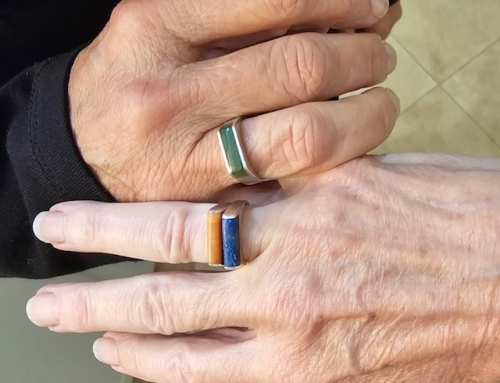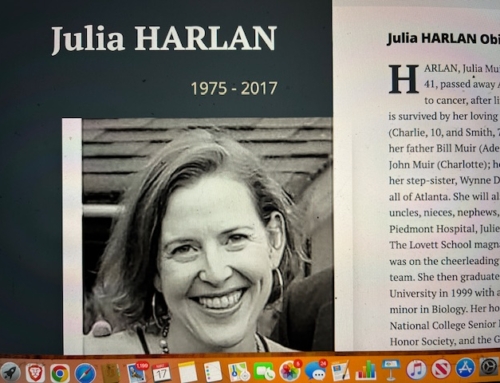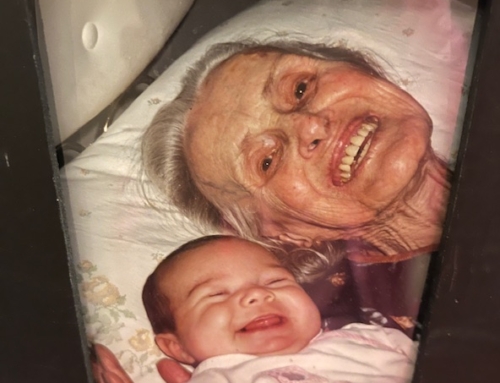Good morning…
“Shame hates it when we reach out and tell our story. It hates having words wrapped around it – it can’t survive being shared. Shame loves secrecy. The most dangerous thing to do after a shaming experience is hide or bury our story. When we bury our story, the shame metastasizes” (p. 9. in Brene Browne’s The Gifts of Imperfection).
Metastasizes is a strong word, conjuring up cancer. To metastasize means to grow, to permeate, to spread throughout the body. Interestingly, the root word in Latin, metastasis, means “transition” and in Greek means “change, migration, or revolution.” When shame penetrates all parts of us, we are changed.
In the Bible, we quickly learn the effects of shame with Adam (meaning “man”) and Eve (meaning “life”). In the life of all people shame leaks and seeps, altering everything. Before biting into the fruit of sin, Genesis 2:25 tells us Adam and his wife were both naked, and they felt no shame. After teeth sink into God’s forbidden, we see shame’s toxic spread. Cover up, hide. Feel shame, blame. Birthing in pain, working in toil. Relational power struggles, thorny thistles infesting the harvest. Banished from harmony, fiery guards are set in place. With metastasized shame we sweat through life, first living then dying, from dust to dust (Genesis 3:1-24).
Gone forever is our original state, “naked and unashamed.” Or is it? Is there any effective treatment for the deadly cancer of shame?
Brene identifies a life-saving regimen. We tell our true story. Wrapped in words, shame gradually shrinks and evaporates. Yet Brene wisely cautions, “If we share our shame story with the wrong person, they can easily become one more piece of flying debris in an already dangerous storm. We want solid connection in a situation like this – something akin to a sturdy tree firmly planted in the ground” (p.10). Jesus says it this way: “Do not give dogs what is sacred; do not throw your pearls to pigs. If you do, they may trample them under their feet, and turn and tear you to pieces” (Matthew 7:6, NIV).
Brene advises: “When we’re looking for compassion, we need someone who is deeply rooted, able to bend, and, most of all we need someone who embraces our strengths and our struggles. We need to honor our struggle by sharing it with someone who has earned the right to hear it. When we’re looking for compassion, it’s about connecting with the right person at the right time about the right issue” (p. 11).
Finally, in our metastasized shame state, how do we know the right person at the right time about the right issue?
Sharing our shame story, first, with the LORD, God will direct us to God-with-skin-on people. Shedding layers of shame with each sharing, God promises new joy will begin to metastasize.
Instead of your shame
you will receive a double portion,
and instead of disgrace
you will rejoice in your inheritance.
And so you will inherit a double portion in your land,
and everlasting joy will be yours (Isaiah 61:7, NIV).
…Sue…





